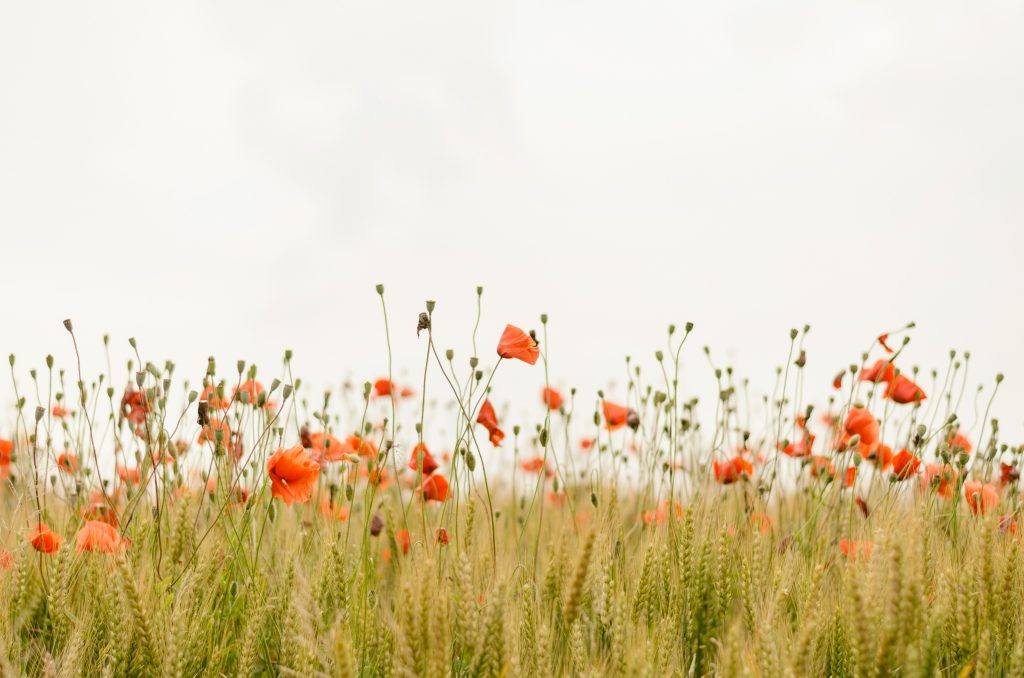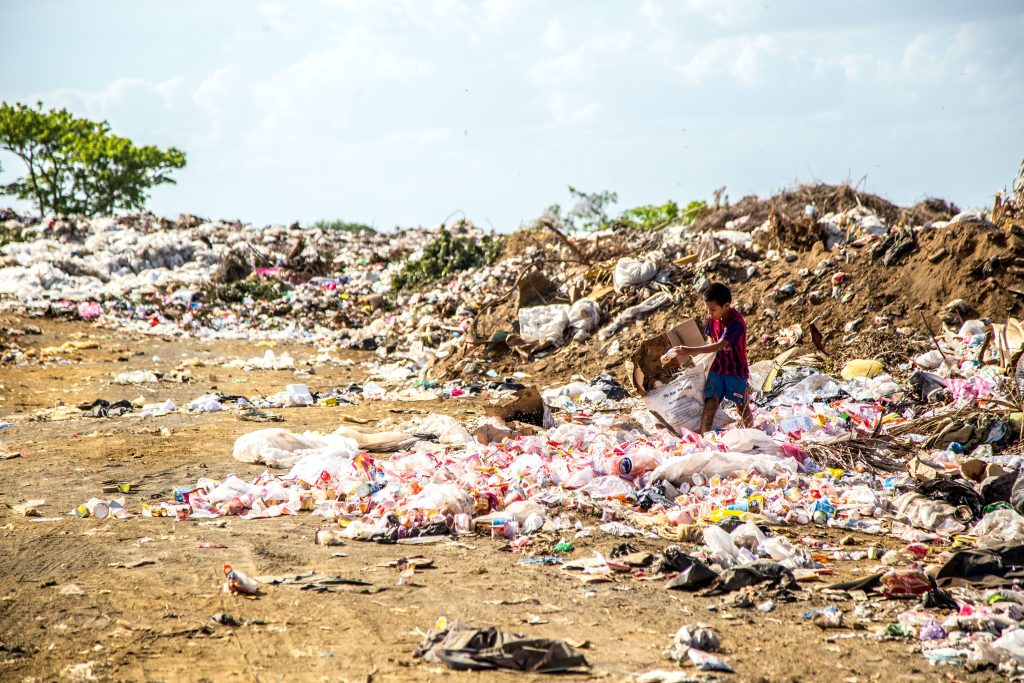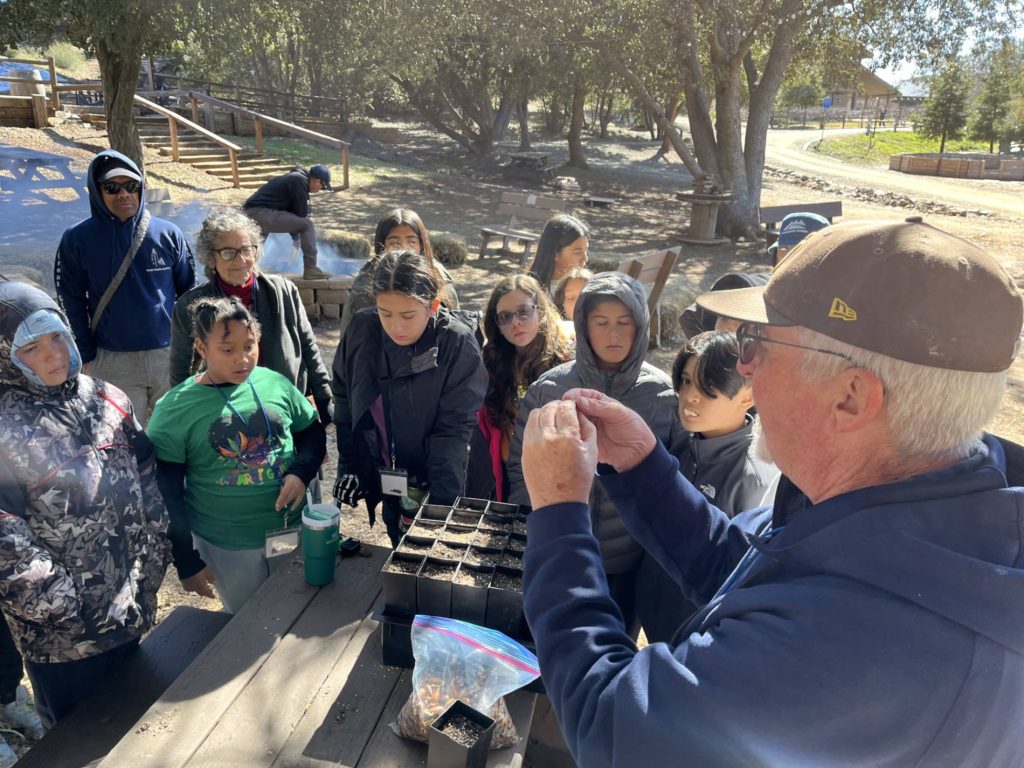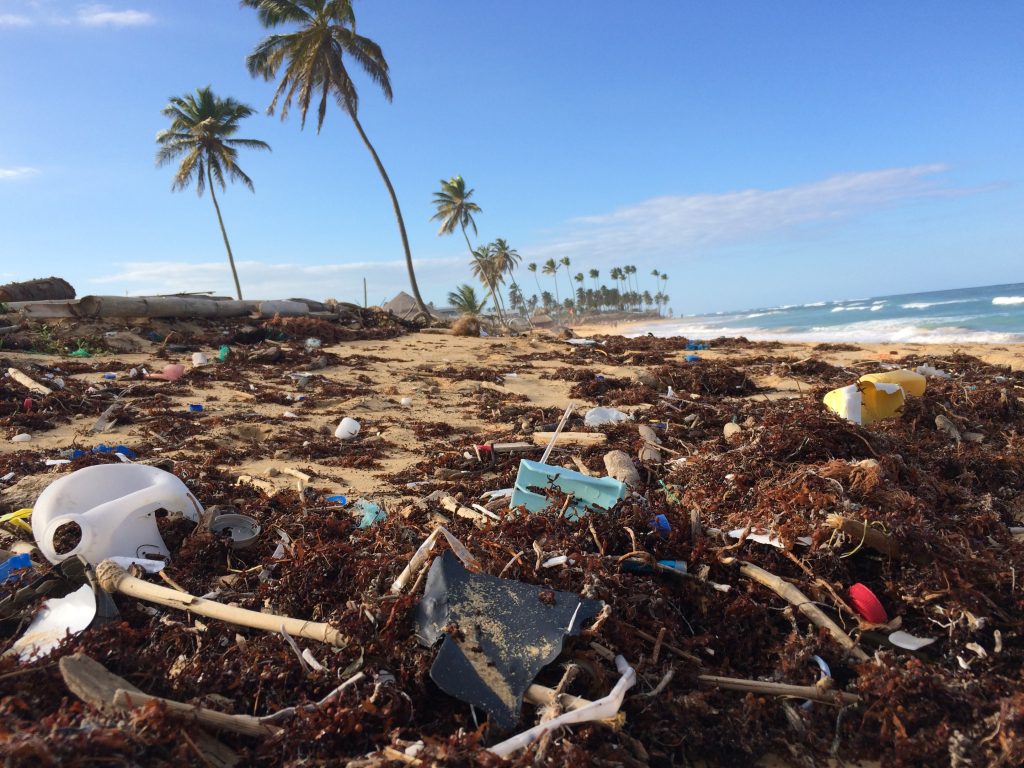By Christina Bagaglio Slentz
In 1979, Pope John Paul II, the first to coin the term “ecological conversion,” named St. Francis of Assisi the patron saint of ecology and of those who promote ecology.
According to the Ecological Society of America, ecology is “the study of the relationships between living organisms, including humans, and their physical environment; it seeks to understand the vital connections between plants and animals and the world … and how we can use Earth’s resources in ways that leave the environment healthy for future generations.”
While St. Francis is dearly loved as the patron of animals, this new title integrates all the workings of creation and directs us to see in the humble life of this saint a model by which to live, within this world and with each other.
A canticle as model for just living
The word “canticle” comes from the Latin “canticulum,” meaning a “little song.” St. Francis of Assisi was not a prolific writer in comparison to other saints. He composed his “Canticle of the Creatures” toward the end of his life, summing up his observation of God’s goodness in all things and demonstrating a response of praise to this revelation through each and every thing. He characterizes a right relationship with all of creation as sibling-like in nature — Brother Sun, Sister Moon, Brother Wind, Sister Water … In this light, everyone and everything are interconnected as one, big family.
A channel of peace
St. Francis’ “Canticle” goes on to reveal and praise the peacemaking earthly interactions of pardon, forbearance, suffering and love. He rejected the violent, yet en vogue lifestyle of soldiering in exchange for a life of outreach to the marginalized. He extended what Pope Francis calls a “culture of encounter” to the Sultan of Palestine, Syria and Egypt, al-Malik al Kamil, during the Fifth Crusade. Though unsuccessful in converting the Muslim leader, he was invited to stay for a week of dialogue and exchange. Later, when the Sultan was in a position to flood the Nile and drown the Christian forces, he mercifully resisted, asked them to lay down their weapons, and granted their escape. No other crusade ended in such a way.
A spirit of poverty
St. Francis’ life of simplicity, fostered by his resistance to the possession of things, coupled with his love of the life-giving natural world, provides a guide for our use of the Earth’s resources and preservation of the Earth for our descendants. Such an integral ecology calls for us to steward social and environmental policies in solidarity with our sisters and brothers around the world, the creatures of our planet and future generations.
Trees, peace and all goodness
In celebration of our Patron of Ecology, the diocese’s Creation Care Ministry invites all to a family-friendly event on Sunday, Oct. 8, from 1 to 3 p.m., at the Pastoral Center. We will be hosting several organizations providing environmental education and activities. At 2 p.m., we will bless the trees to be distributed to the parishes and schools that have requested them. If you are interested in receiving any extra trees, please indicate in the registration form, at https://bit.ly/FOSF23. This event is free, but we are requesting registration to help with planning. Email cslentz@sdcatholic.org.









